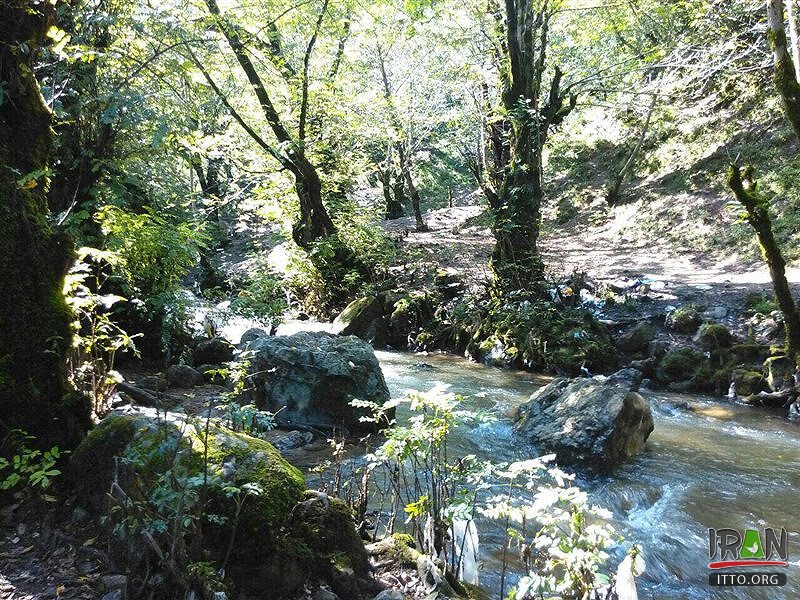War and conflict are, sadly, a frequent theme in human history, and as with emotional themes in general, have attracted the attention of poets. Elegy to Andalus (Ritha al-Andalus) was written in 1267CE by Abu al-Baqa’ (Abu al-Tayyib) Salih ibn Abil-Hasan al-Rundi (ca. 1204-1285CE / 601-684H, from the city of Ronda), who was a belletrist of renown, as well as a hadith scholar, jurist and expert on inheritance law.[1] He lived in the taifa era, well after the dissolution of the Umayyad caliphate of Cordoba. This was a time when the influence of Islam was declining in Iberia, and many Muslim kings felt themselves compelled to make concessions to the Christian ruler in order to retain their own nominal hold on power. Many Muslim cities fell to the Christians, Granada being the last independent emirate in the Iberian peninsular.
The poet al-Rundi expresses his anguish over the conquest of Muslim Spain (al-Andalus) by the Christian Spanish kings, and calls for succor (primarily from the Marinid king whose capital was in Fez). The poem starts with an admonition on the ephemerality of worldly glory, and then proceeds to describe the humiliation and horrors suffered by the conquered Muslims, including mention of several conquered cities by name.
The original Arabic of the poem can be found here, and appears to be influenced by Abu al-Fath al-Bosti’s Epitome of Wisdom. My translation (below) renders each distich of the Arabic into a rhymed pentameter couplet.
Before proceeding to my translation, we should note that some of the themes within the poem (such as injustice and mistreatment of religious minorities) have parallels today (in various parts of the world), but I issue a stern warning to anyone who would use past or present injustices as an excuse to commit acts of violence against innocent people (or against people who are deemed to not be innocent, but through contrived and convoluted ‘reasoning’). Such acts are not to be tolerated, and I will continue to condemn them.
All things once having peaked will sure decline
So do not be beguiled by lifestyle fine.
Reality’s in flux as you have seen
Brief joys are Interspersed with sadness,
For these vicissitudes of life spare none.
And times of glory here will soon be gone.
When coats of mail encounter swords of Fate
The swords will sure the armor lacerate.
When fate unsheathes his mortal swords none’s safe
Not even kings in Ghumdan fort like Sayf.
The ancient kings of Yemen in fine gowns,
Where are they, and their wreaths and crowns?
In Iram Shaddad‘s city now lies waste
The kingdom of Sasan likewise displaced.
And where is all Qarun amassed of gold
Where are Shaddad, Qahtan and Aad of old?
They all met death the inescapable
They left and now they are untraceable.
To talk about these kings and kingdoms seems
Just like a drowsy man relating dreams.
Both Darius and assassin, time betrayed
And Chosroes ruled but death could not evade.
As if they all did not achieve a thing
And as if Solomon had ne’er been king.
Vicissitudes of life are quite diverse
And life has joys and sorrows interspersed
In every setback, comfort can be sought
But this scourge on Islam has solace naught.,
A tragedy smites Andalus forlorn:
Yea, Uhud and Thahlan fain would be torn.
Islam’s lands here are now diminishing,
And this the envious ones are relishing.
Ask Valencia how Murcia has fared,
And Xativa and Jaen, have they been spared?
What is the fate of Cordoba’s college,
From where arose savants of deep knowledge?
And what of Seville[2], that resort innate,
Where flows the mighty river oft in spate.
These cities were foundations of our land;
Without foundations can a building stand?
Pure monotheism now weeps from grief,
Like lovers torn apart, without relief,
Islam from these bleak homes has been chased
And now by unbelief has been replaced.
Our mosques now as cathedrals are recast
The crosses and the bells leave us aghast
The lifeless prayer niche cries woefully
The wooden pulpit too weeps dolefully.
O heedless fellow time’s rebuke now heed
Though you are drowsy time’s alert indeed.
If you still in your homeland strut about
E’en after Seville you’re beguiled no doubt
This tragedy made us forget our past,
And its calamitous effect will last.
O valiant king behind a banner pure
Go trounce the ingrates, may they be no more!
Now ask the riders of the pedigreed
Fine slender horses having eagles’ speed,
And those who clutch fine indian scimitars
Which in the darkness gleam like fiery stars,
And those beyond who graze their flocks, carefree
Enjoying in their land proud liberty.
So ask them if of Andalus they’ve news
This tragic tale which riders made diffuse.
How many cries reach us from the oppressed
Enslaved and killed, yet who is seen distressed?
The ties of faith are severed, can it be
Though you the devotees of God should brethren be?
Are there no proud and lofty souls with verve
Who will arise, then good and justice serve?
O see how shame replaced authority
Because of unbelief and tyranny.
They recently were kings in their chateaux,
But now they are enslaved in land of foe.
If you could see how so perplexed they are
And how they find shame’s garment so bizarre.
And how they weep when into slav’ry sold:
A monstrous sight which brings you grief untold.
You see a little girl from mother torn,
Like soul is ripped from body, thus they mourn.
A pretty lady, splendid as sunlight,
Her beauty just like coral and jewels bright,
Dragged off by infidel for rape most vile,
Her heart perplexed, she’s crying all the while.
And thus the soul sheds tears and falls apart,
If there’s Islam and faith within that heart.
[1] Ibn `Abd al-Malik al-Marrakushi, Al-Dhayl wal-Takmila li-Kitabay al-Mawsul wal-Silah. ed. Ihsan Abbas, 5 vols., (Dar al-Gharb al-Islami, 2012), 2:129
[2] The poet uses the name Hims (Emesa) for Seville. Emesa is a city in Levant, but Seville was known as the Emesa of Andalus.








